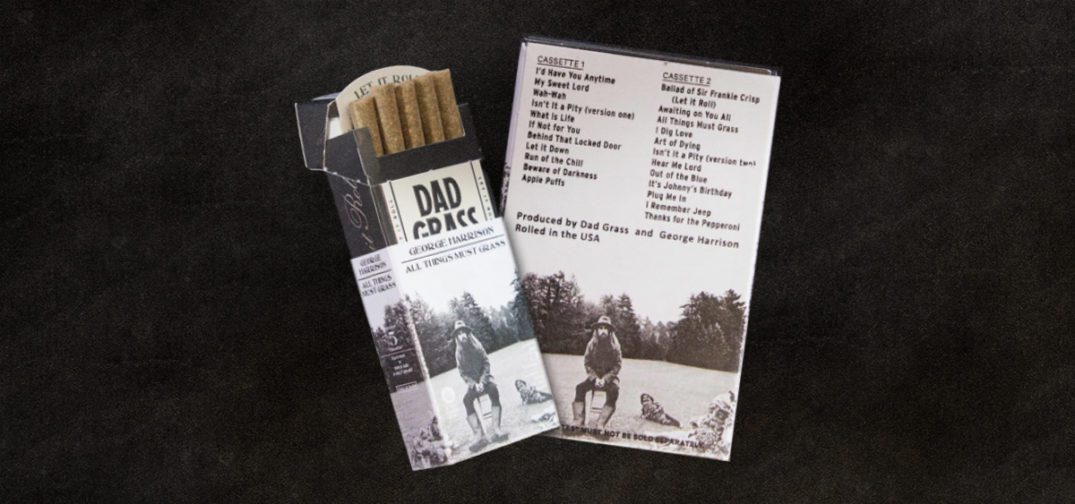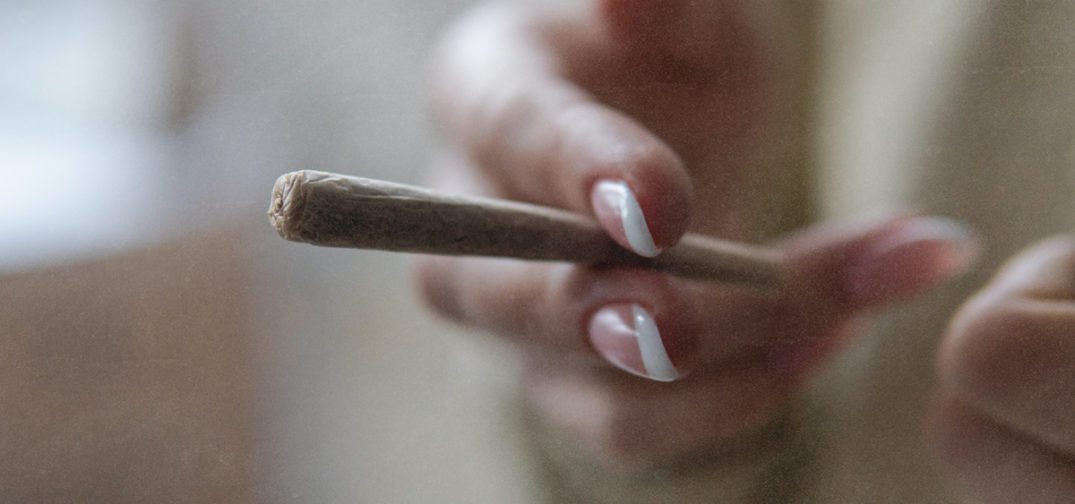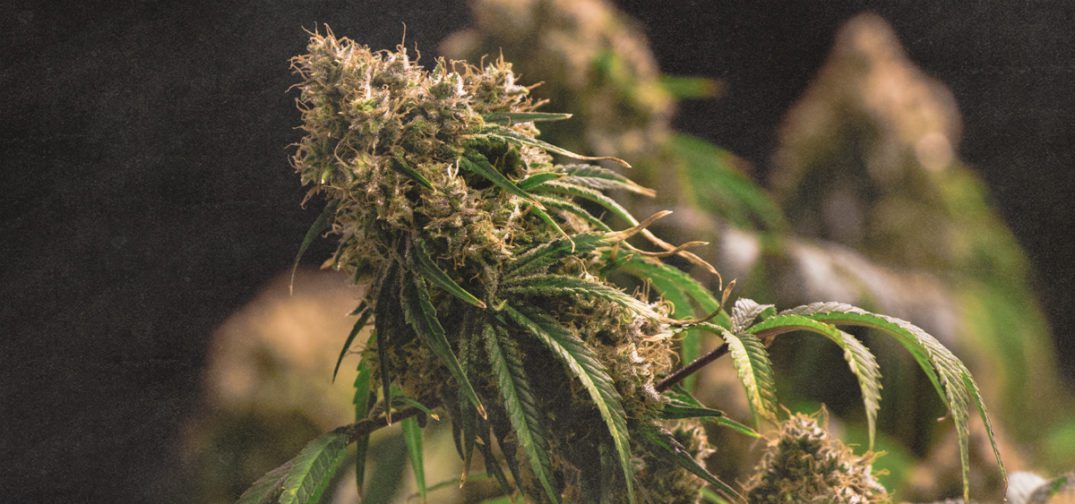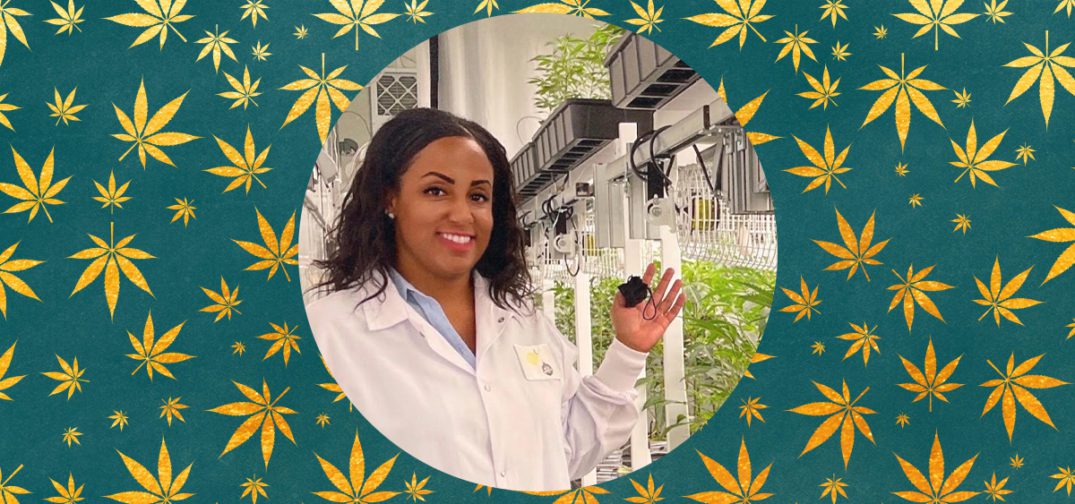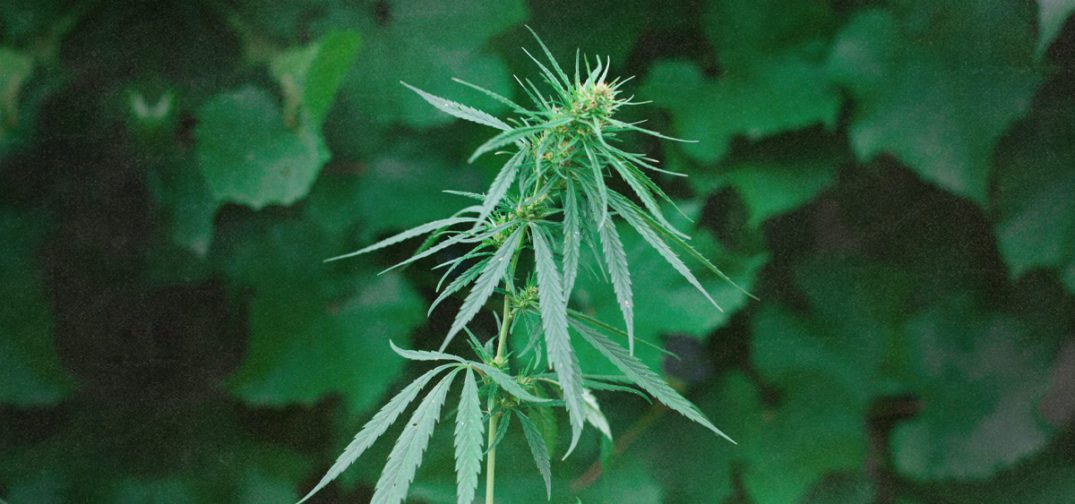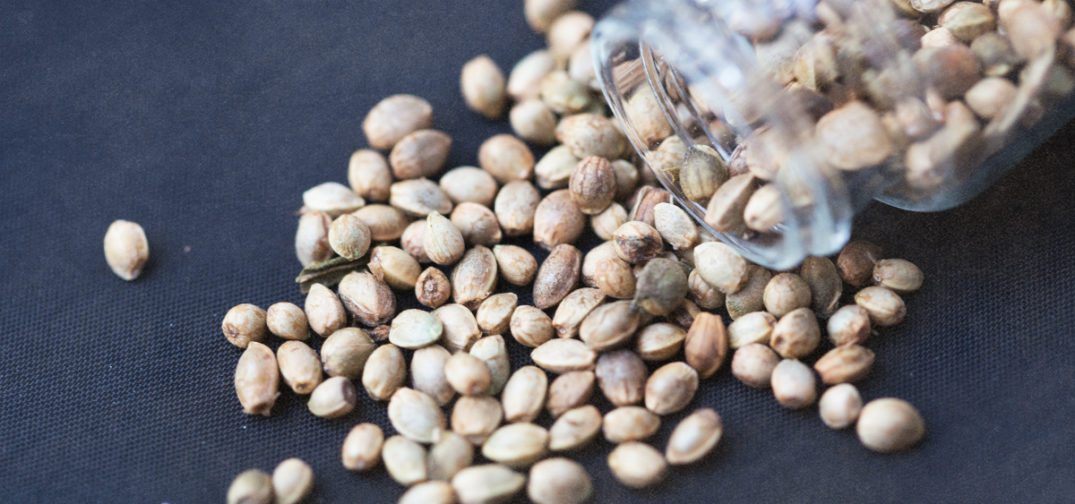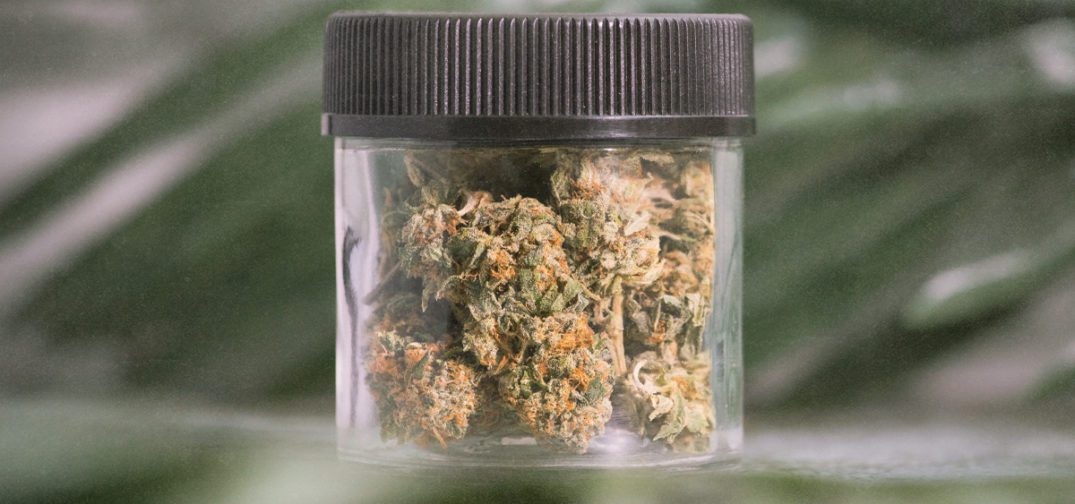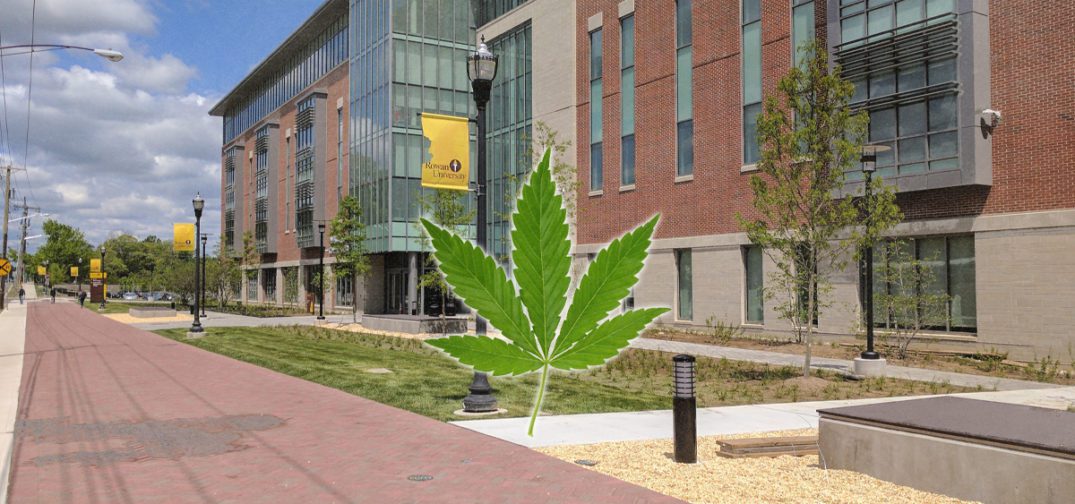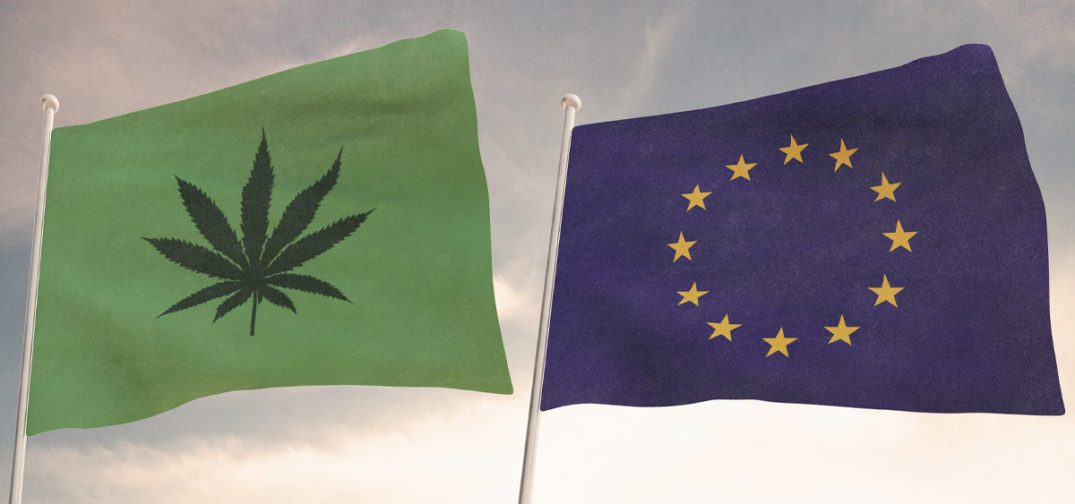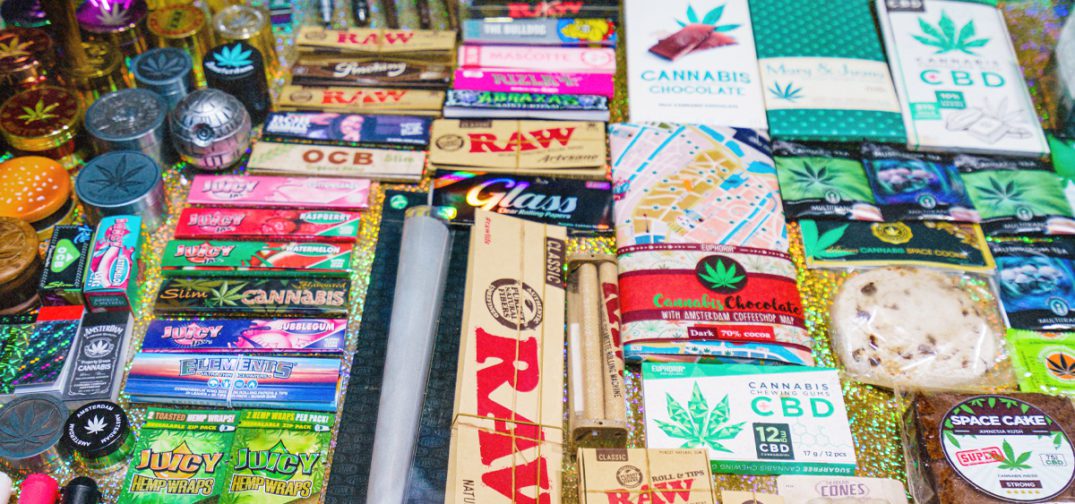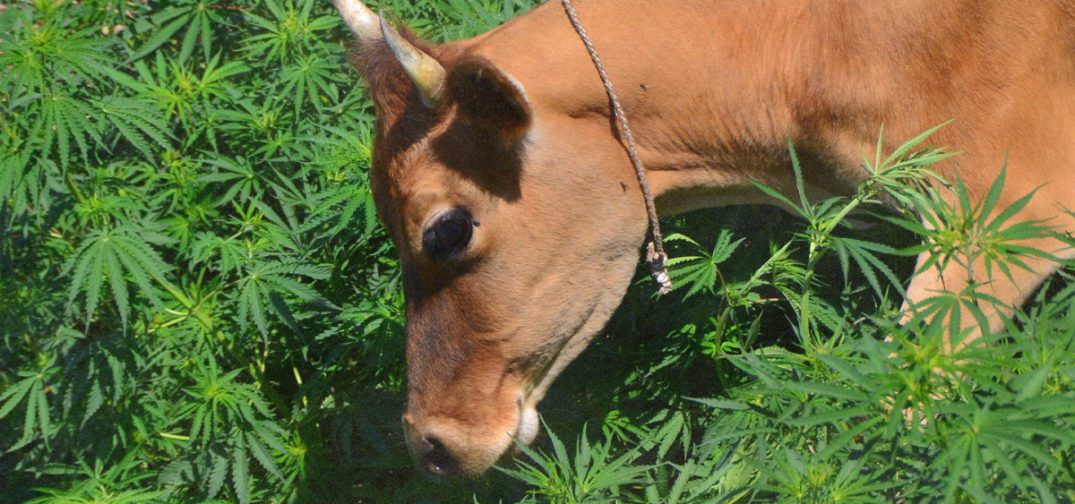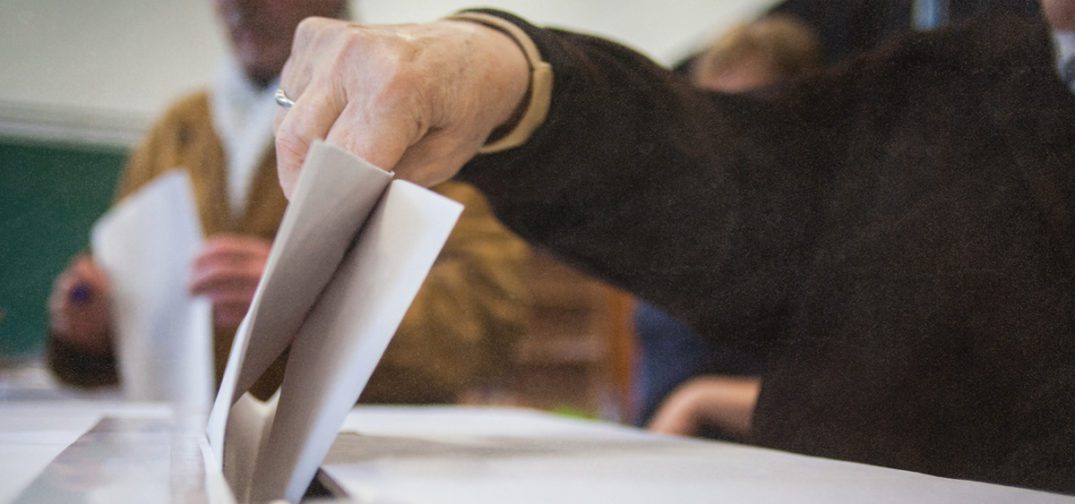(Los Angeles, CA) — The world-renowned Emerald Cup Awards (www.theemeraldcup.com) presented by Boveda and PurePressure by Agrify is excited to announce that their highly anticipated 2022 Awards Ceremony will be moving to the historic Ricardo Montalbán Theatre (www.themontalban.com) in Hollywood, California on Saturday, May 14, 2022. Now in its 18th year, the iconic cannabis awards show will be an invite-only, private event that will welcome all competitors, winners, judges, and the Cup’s closest community to celebrate the best of the best in cannabis.
“Our journey to the 2022 Cup has been further elevated and we are excited to bring our esteemed awards ceremony to a historic Hollywood venue for an experience that our community will always remember and cherish,” says Emerald Cup founder and author, Tim Blake. “The iconic Montalban Theatre is part of the storied history of Los Angeles and an incredible stage for our triumphant return. To be able to celebrate the excellence of cannabis in this space will truly lift our awards into a spectacular new level.”
Last month, Emerald Cup revealed the full list of the esteemed judges for this year’s awards and unveiled a disruptive new cannabis classification system for the 2022 competition. This year’s team includes a diverse cast of leading experts, journalists, scientists, activists, celebrities, and cannabis aficionados. Globally recognized as the ‘Academy Awards of Cannabis,’ Emerald Cup judges are selected from a crop of worthy applicants to test out a broad spectrum of cannabis products created by California’s best cultivators, extractors and movers & shakers. The award is known for boosting brands and shaping the tastes of an entire industry with the distinction of “best in class” in each respective category – a highly coveted prize. The recognition from peers and consumers alike that comes along with an Emerald Cup achievement can be transformational for a brand as it highlights their commitment to the culture by crafting clean high quality cannabis. The California cannabis market is stronger when united and the 2022 Emerald Cup Awards will bridge the gap between the NorCal and SoCal markets, providing more opportunities for farmers and brands, as well as new options for consumers.
More information will be announced shortly via www.theemeraldcup.com and @theemeraldcup along with RSVP, travel, and hotel information for attendees.
Coverage of the 18th Annual Emerald Cup Awards at the Montalbán Theatre will be provided by ALTRD.TV. Fans across the world can catch all speakers, panels and the ceremony. 2022 coverage is part of their expanding Emerald Cup Channel with over 100 pieces of original programming to date.
Media needing to connect with The Emerald Cup and Emerald Cup 2022 Awards Show, or to speak with founder Tim Blake regarding this announcement, please reach out to Kenneth Loo, Chapter 2 at ken@chapter2agency.com.
Media looking to request for press access to our events, please submit to: Emerald Cup 2022 Media Credentials Request Form
For more information about the historic Ricardo Montalbán Theatre:
www.historictheatrephotos.com/Theatre/Ricardo-Montalban-Los-Angeles.aspx
Follow the fun on social media at @theemeraldcup as they continue their journey to Hollywood!
ABOUT THE EMERALD CUP:
Landing in Hollywood for 2022, Emerald Cup is now the world’s premier virtual cannabis destination and iconic live event. While advancing the concept of sustainable, sun-grown farming, the 17-year old organization’s reputation is firmly solidified as the largest, most-respected cannabis competition in the world. As a group, The Emerald Cup prides itself in bringing together the leading experts in the cannabis industry to educate and inspire our fellow farmers, patients, and patrons each year. A community celebration that has grown to become a global movement honoring the year’s finest, organic, sun-grown, cannabis harvest as well as the finest cannabis products available. The Cup has stood as a celebration of excellence and over the years has seen founder Tim Blake recognized as a guardian of the industry.
www.theemeraldcup.com
End



